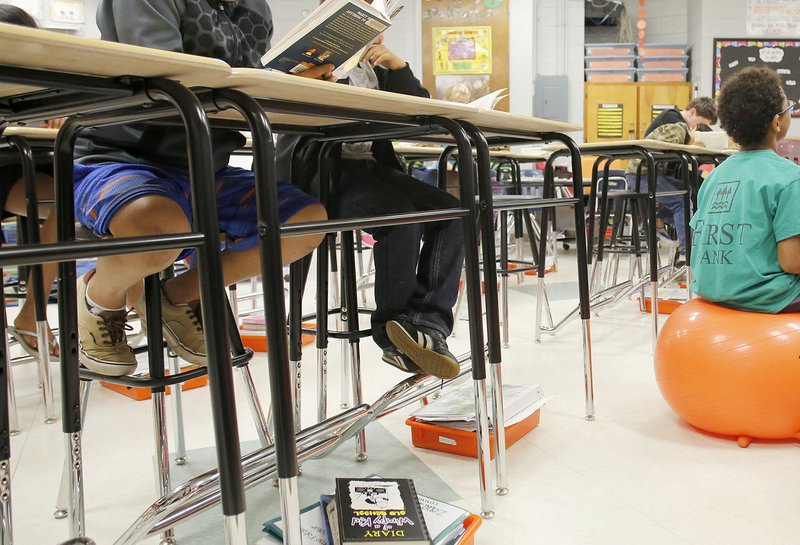Covid-19 symptoms or complications range from none at all to severe breathing difficulty to blood clots, pneumonia, heart attacks and more.
But covid-19’s impact isn’t just about the body’s direct response to the invasion of the coronavirus. From a societal perspective, its presence has, to one degree or another, shaken everyone’s confidence.
In addition to everything else people normally deal with — financial pressures, community issues, personal relationships — now there’s an omnipresent threat each time any of us leave our homes or welcome someone in.
It wears on you.
Having one’s confidence eroded is a natural human consequence of any realization that invincibility is just a figment of our imaginations. As Americans, we’re more comfortable with our confidence being stirred, not shaken. A kind of reverse James Bond martini.
As government leaders stake out plans for the future, people want some level of assurance, whether it’s in their return to jobs that require day-to-day contact with others or in the restart of public schools.
What assurance? They want to know what’s going to protect them from the virus? And in the search for guarantees, nobody can offer any.
“The governor has said we need to be in school, we need to have our kids in school, we need to be ready for that and planning for that,” Johnny Key, the state’s Secretary of Education, told a panel of lawmakers July 8.
Schools have been closed since March, soon after Arkansas’ first covid-19 case was confirmed. Now, the state has confirmed more than 26,000 cases through testing. Just since the start of July through Thursday, the state’s numbers have grown by 4,989 positive tests. When Hutchinson announced the closing of schools, Arkansas had just 16 cases of the disease.
So why open when we’ve got 26,000-plus, and growing quickly? Hutchinson said the state’s infrastructure for managing the pandemic barely existed in March, but is significant and growing now.
It’s not quite perfected, though. On Thursday, Hutchinson and Key reiterated their commitment to opening school doors for the fall semester, but also announced they were pushing back the reopening from Aug. 13 to the week of Aug. 24, but in no case later than Aug. 26. The delay, Key said, will give educators the extra time they need for training and to plan for a year that could easily include a mixture of in-school and at-home instruction.
The delay is, in essence, an effort to build further confidence.
As all of us continually hear messages about avoiding large groups, particularly in enclosed spaces, while we’re simultaneously told the state’s children need to gather in their school buildings for several hours a day. Parents and grandparents can perhaps be excused for being protective. It’s what they should be. But the state’s approach will follow Hutchinson’s lead: On NBC’s “Meet the Press” last Sunday, the governor recognized the existence of “virus fatigue” but added: “And you have to live your life; you can’t stop every activity.”
As activities go, the education of the state’s children is a pretty big-ticket item. The American Academy of Pediatrics has set out its perspective, that children learn best when they are in school, not when they’re forced into some hybrid scheme of at-home, public education. These medical professionals strongly suggest that “all policy considerations for the coming school year should start with the goal of having students physically present in school.”
Covid-19 is not the flu, the pediatrics group says. The coronavirus thus far has not shown a tendency to spread among younger people quite as readily as it does among adults. And if children are infected, evidence suggestions children are less likely to have a severe response to the virus, the academy reports.
In effect, the American Academy of Pediatrics suggests the potential harms of not being in school — ranging from the educational challenges to social isolation to dangers of abuse, substance use, food insecurity, depression and suicidal thoughts — need to be weighed against the risks of the virus.
But parents, students and teachers can hardly be blamed for approaching a new school year with some discomfort. None have ever been through this kind of threat. None of the administrators have, either.
The reality Hutchinson recognizes is the effort to recover economically from months of business shutdowns and capacity limits will be seriously stymied if kids can’t go back to school. How many families or individuals will find work challenging or impossible if the kids can’t be in school?
Northwest Arkansas kids will no doubt learn more about flexibility this year than ever before. They’ll also learn that best-laid plans can go awry. It’s often said children are more resilient than most people give them credit for, which could be something adults tell themselves so they feel better. But the 2020-21 academic year will demand resilience unlike most have ever witnessed.
One adjustment everyone in schools should be willing to make: Wear masks. The state strongly encourages the wearing of masks when social distancing cannot be achieved, and there’s a lot of daily activities in which it’s hard to imagine students being able to stay far enough away from each other. We encourage school districts to require them, because they are the low-hanging fruit of virus protection.
Can Arkansas pull off a school year in which it navigates a pandemic and the education of thousands of students across the state? It’s going to be a bumpy ride, filled with opportunities to have our confidence shaken. But it’s entirely reasonable to suggest we need to try.

